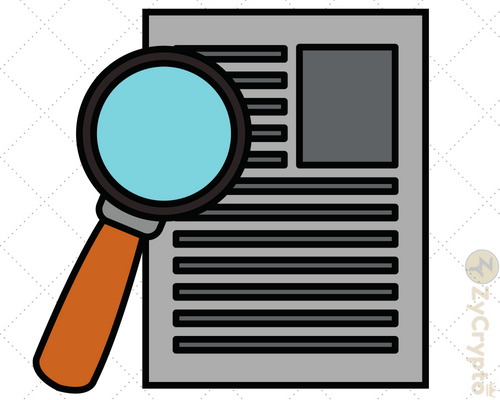The global blockchain-based virtual currency industry has been plagued with countless cases of heists and criminal activities by bad actors in recent times, prompting various financial authorities in different nations to start formulating regulatory guidelines for the nascent industry.
Crypto-friendly Japan also enacted more stringent rules for its vibrant cryptospace. However, in the latest development, Japan’s Financial Services Agency has sent out business improvement orders to 12 cryptocurrency exchanges in the nation.
According to the regulatory watchdog, several approved and yet-to-be-approved exchanges are not conducting proper Know-Your-Customer (KYC) checks to verify the identities of clients, making the exchanges a possible hotbed for criminals.
The Agency also expressed its displeasure with the way exchanges are handling users funds.
Of a truth, quite many crypto exchanges and digital currency-related businesses have experienced security breaches that gifted hackers colossal amount of cryptos, Japan has however experienced the worst cases of heists in the history of the crypto industry.
In what has been dubbed the biggest theft in history (more significant than the MtGox heist), on January 26, Japan’s Coincheck crypto exchange was hacked. The perpetrators of the ugly act succeeded in carting away with 526 million units of the NEM (XEM) altcoin, which was worth roughly $534 million at the time.
Another worrisome event happened in February when a technical glitch in Japan’s Zaif exchange nearly gave customers $20 trillion worth of cryptos. The 20-minutes technical error made it possible for several customers to buy bitcoin for free. However, the exchange quickly salvaged the situation by voiding all transactions that happened during the downtime.
These adverse scenarios made the FSA mandate all exchanges in the nation to compulsorily upgrade the security of their systems, take precautions against suspicious transactions and promptly report any suspicious activity.
Also, all crypto exchanges in the nation agreed to launch a self-regulatory body that would be headed by Japan Blockchain Association and the Japan Cryptocurrency Business Association.
Despite the above guidelines, the FSA has found loopholes in the operations of 2 approved exchanges and ten exchanges that are awaiting approval.
The FSA has hinted it would publish the report about the matter later in June and would come up with more robust rules that exchanges need to adhere to for customer protection.
Japanese Authorities Launch Fresh Probe into the Operations 12 Local Cryptocurrency Exchanges
Advertisement





